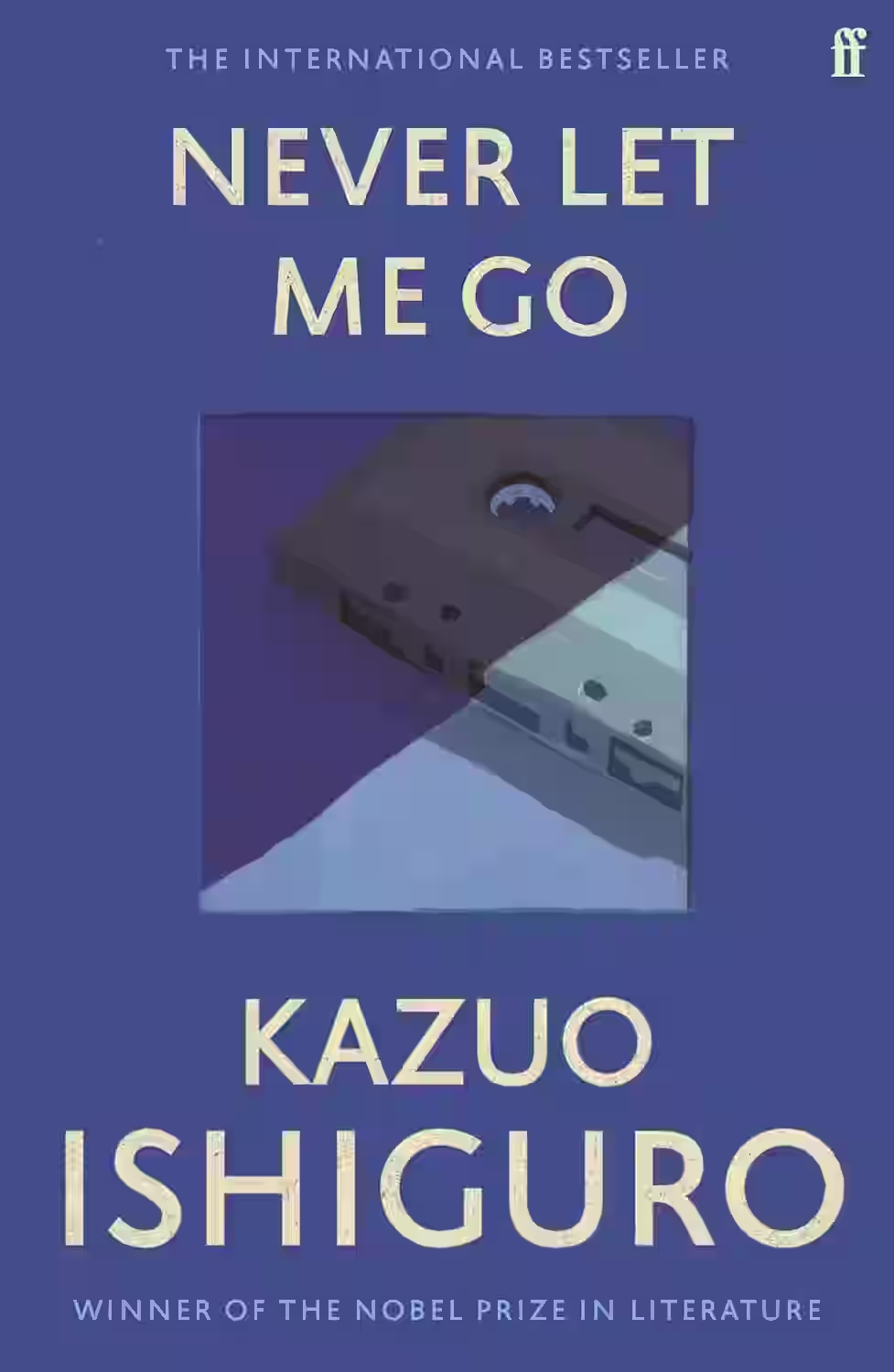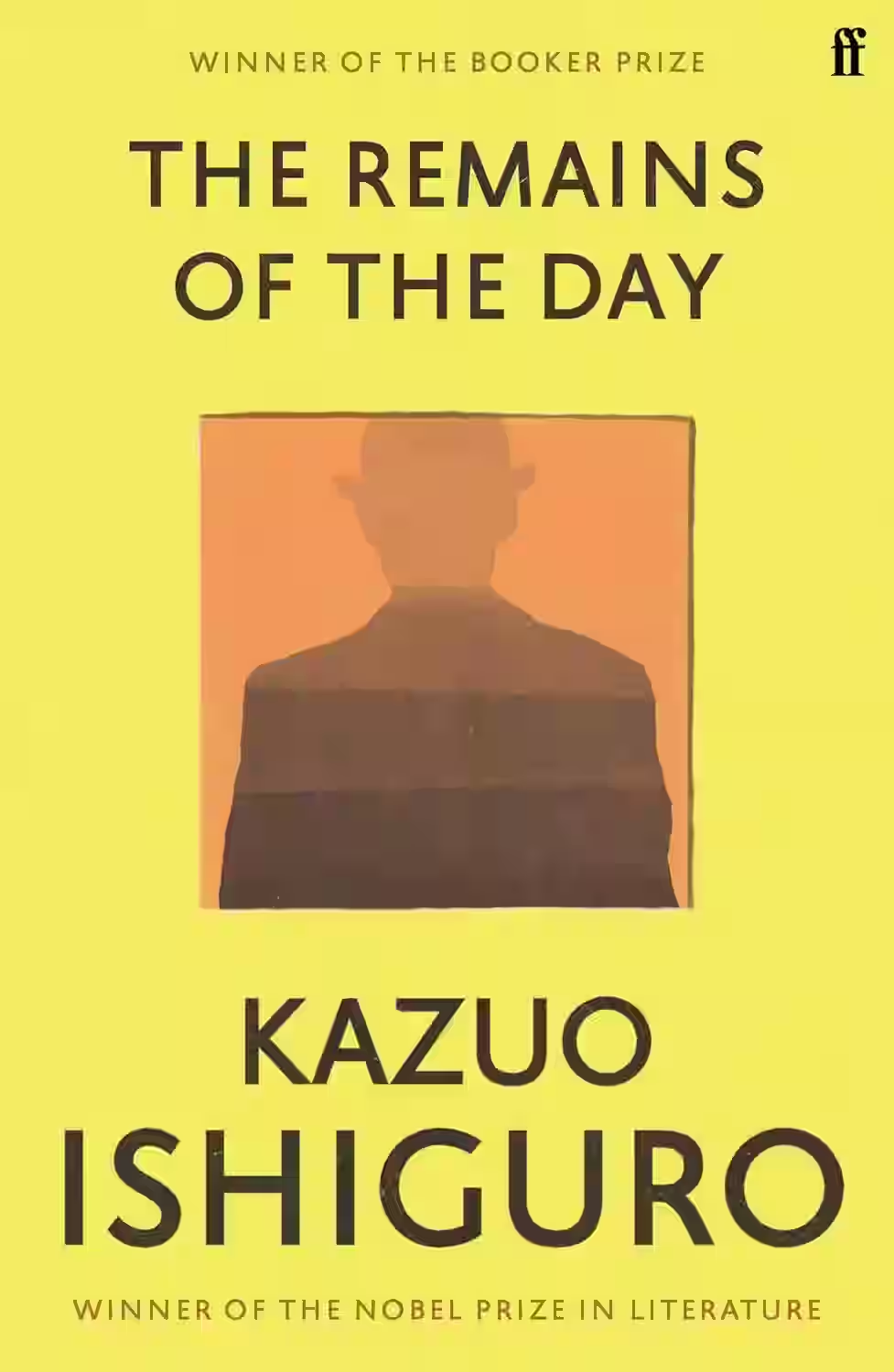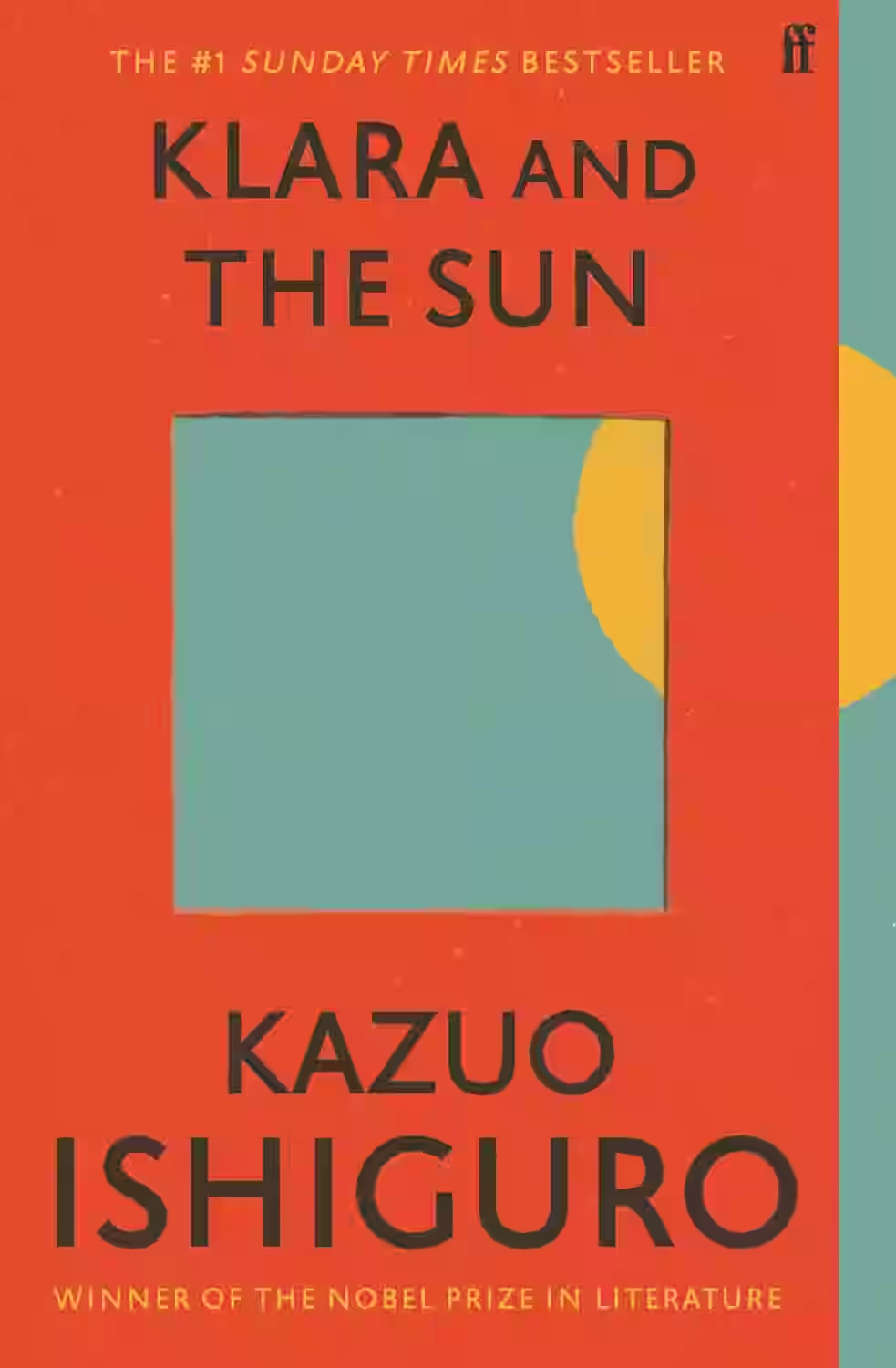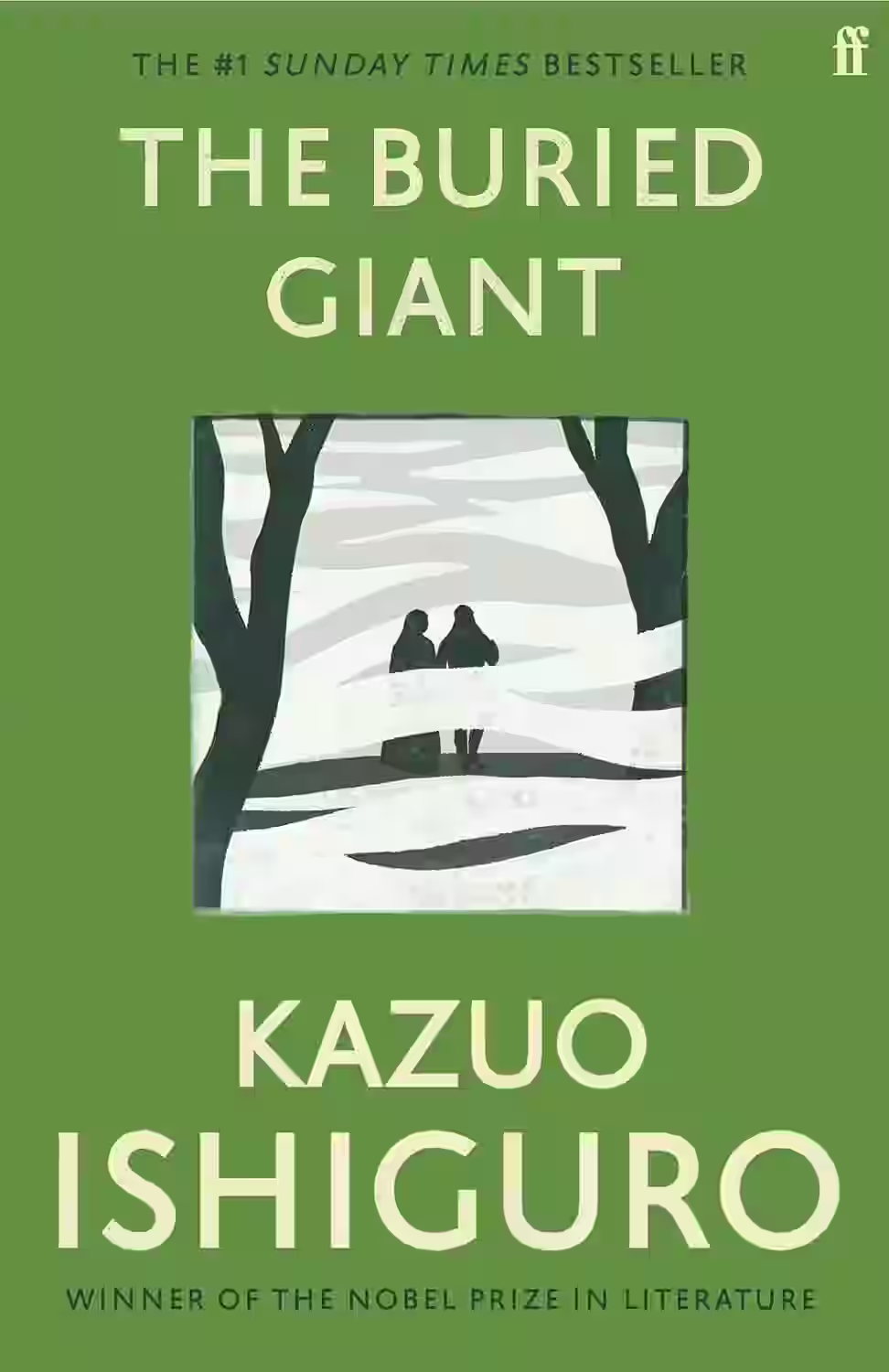Kazuo Ishiguro
A Nobel Prize-winning British author known for his subtle and emotionally resonant novels that often explore themes of memory, identity, and loss. Works like The Remains of the Day and Never Let Me Go are characterized by their understated prose, unreliable narrators, and profound exploration of human relationships and the passage of time. Ishiguro's nuanced storytelling has established him as a significant figure in contemporary literature.

In an English boarding school, students slowly discover they are being raised for a specific and disturbing purpose. As they grow up and fall in love, they must come to terms with their predetermined fate. The novel explores what it means to be human, the ethics of scientific advancement, and the power of love and friendship in the face of mortality.

Winner 1989 Booker Prize: A tragic, spiritual portrait of a perfect English butler and his reaction to his fading insular world in post-war England. From the Nobel Prize-winning author of Never Let Me Go. In the summer of 1956, Stevens, the ageing butler of Darlington Hall, embarks on a leisurely holiday that will take him deep into the countryside and into his past . A contemporary classic, The Remains of the Day is Kazuo Ishiguro's beautiful and haunting evocation of life between the wars in a Great English House, of lost causes and lost love.

From her place in the store, Klara, an Artificial Friend with outstanding observational qualities, watches carefully the behaviour of those who come in to browse, and of those who pass in the street outside. She remains hopeful a customer will soon choose her, but when the possibility emerges that her circumstances may change for ever, Klara is warned not to invest too much in the promises of humans.

In 'The Buried Giant' by Kazuo Ishiguro, the reader is transported to a post-Arthurian Britain where a mist of forgetfulness blankets the land, obscuring memories and past grievances. The story follows an elderly couple, Axl and Beatrice, as they embark on a poignant journey to find their long-lost son. Along the way, they encounter various characters and unearth buried truths about their own relationship and the land's history. Ishiguro masterfully weaves themes of memory, love, and reconciliation into this atmospheric tale, prompting readers to contemplate the power of collective forgetting and the cost of remembering. A haunting and thought-provoking read.